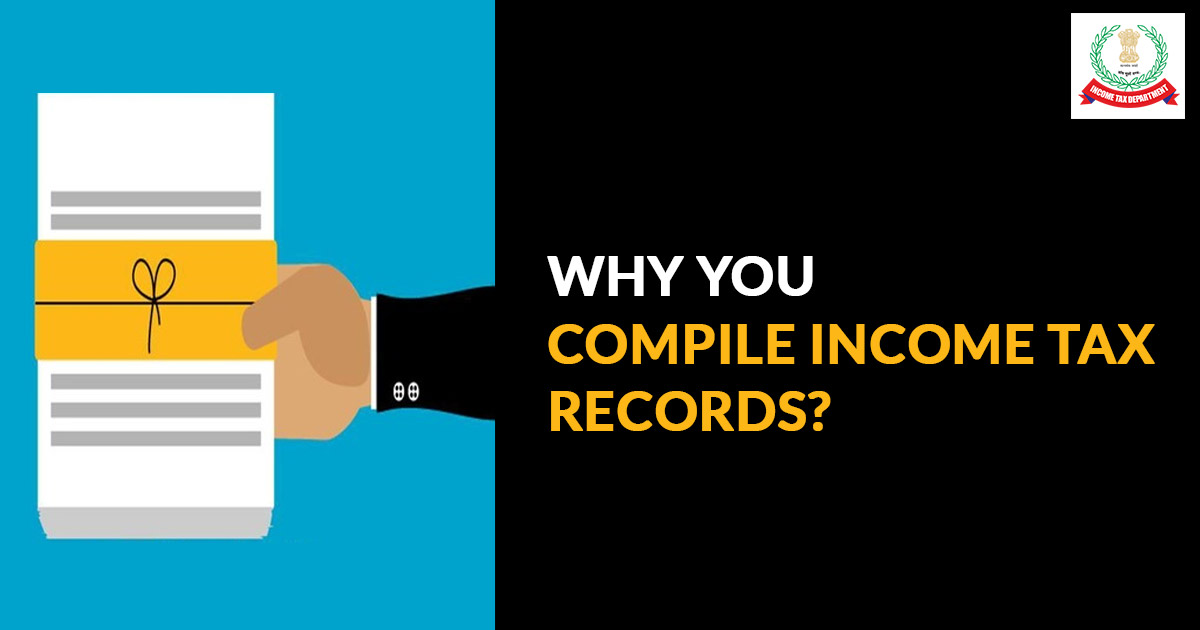
The era has accepted all digital processes to be a big convenience and a time-saver. One such example is income tax records, which can effortlessly be maintained by spending less or no money in the process. However, the taxpayer must mark the time limits for each income tax assessment before storing and filing the previous documents.
Mostly, the deadline to file an ITR of any financial year is 31 July of the following financial year (except the ones whose accounts need to be audited). For instance, the ITR for the financial year 2024-25 needs to be filed before or on 31 July 2025. Now, the CBDT has revised the ITR filing till 16th September 2025.
On filing the returns, a ‘scrutiny notice’ is served to the taxpayer as per the directions under section 143 (2) of the Income Tax Act 1961. The notice can be received by the taxpayer within three months from the end of the financial year in which the return is furnished. For Example, the Scrutiny Notice for Financial Year 2024-25 will be received before 30 June 2025. Or he may get the notice of reassessment from the department directed under section 147 of ITA 1961.
Time Limit for Receiving Re-assessment Notice
Notice can be issued within 3 years and 3 Months from the end of the relevant assessment year. If tax evasion is 50 lakhs or more, then notice an issue within 5 years and 3 Months from the end of the relevant assessment year.
Important: All About Income Tax Scrutiny Notice & How to Respond Fast?
Previously saved records are of great help when you are dealing with Long Term Capital Gains (LTCG) tax. While introducing long-term capital gains tax (LTCG) on stocks and mutual funds, you will need these records. People often find themselves stuck in uncertain notices from old assessments.